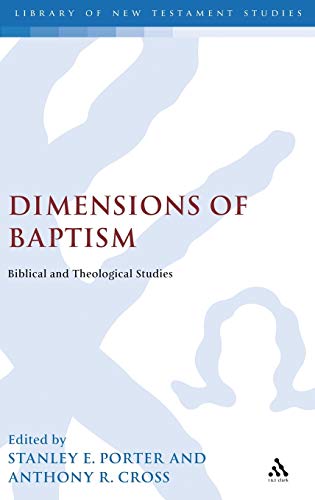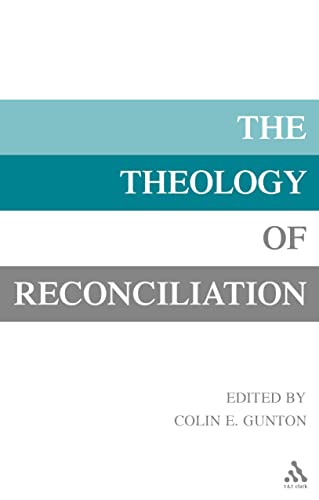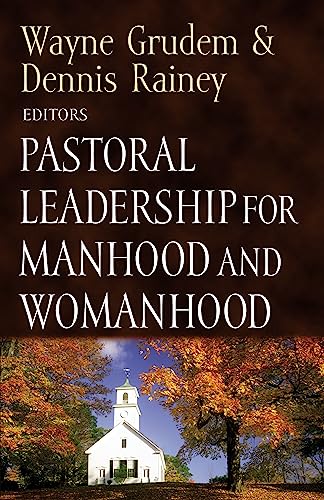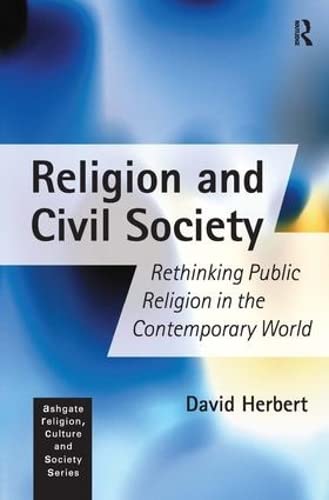CHAIRMAN MAO MEETS THE APOSTLE PAUL—CHRISTIANITY, COMMUNISM, AND THE HOPE OF CHINA
Written by K. K. Yeo Reviewed By Dick DowsettProfessor Yeo’s book attempts a discussion between the ‘political theology’ of Paul and the ‘theological politics’ of Mao Zedong. It begins with a foundational examination of utopian views of history—the Biblical hope, with specific attention to Paul’s Thessalonian epistles, Confucian, Daoist and Legalist (Fajia) schools of thought in China, and Marxism. Marx, surprisingly described as ‘a trained theologian’ (85), rejected Western Christianity with its post-Constantinian power structure. Yeo seems to agree with Marx’s political-economic analysis but counters his disastrous denial of the eschatological God.
A profoundly helpful chapter describes how Maoism developed as a synthesis of Marxism and Chinese culture and philosophy. Mao was steeped in the Chinese classics, and frequently quoted them. He used Chinese religious symbolism, implying a heavenly mandate to rule. Daoism inspired his commitment to peasants and country learning and his conviction about the inevitability of contradictions and the necessity of endless revolution (that undermined so much of Mao’s achievements). While attacking Confucianism for encouraging feudalism, from it he learned a this-worldly humanism.
A chilling description of the evolution of the quasi-religious cult of Mao follows. Yeo seems to accept almost completely the Maoist version of the history of Christianity in China. A few dissenting voices are acknowledged, but dismissed without worthy historical examination. Of course, each generation of missionaries make its mistakes, but to write, ‘the God of the missionaries was neither the crucified Messiah nor the Coming One’ (167) is unbalanced.
His Chinese Christian sources are few and almost entirely from those acceptable to the Chinese Communist Party. They give the rationale for the official church’s position, but do not represent the opinion of many Chinese Christians who would disagree with K. H. Ting that the revolution was ‘an act of God, showing God’s love for China’ (179). The convictions of house church leaders are ignored. New work by academics in China more appreciative of the role of missionaries is unmentioned.
Yeo’s conviction is that the Thessalonian epistles were intentionally critical of the Roman Empire and advocating ‘agapaic communalism’ (197). Not all will be persuaded that this is obviously in the text, but it is an interesting reading. Remarks about the Pauline and deutero-Pauline schools in the NT (195) raise questions about his personal image of Paul. There is, however, much of value in the chapters comparing the teaching of Mao and Paul on leadership and power structures, on lawlessness and the Red Guard, and on sanctification (new people) and hope. He helpfully reads Scripture through the grid of Maoist thought. It is a joy to find a book from America asserting that the NT does ‘not provide a detailed schedule of the world’s end’ (226)! Yeo majors on the big picture, bringing meaning to suffering and hope in our Lord Jesus Christ.
The final chapter on the post-Mao era idealistically hankers for the ‘moral’ leadership of Mao as he sees economic modernisation ‘robbing of China’s ethical, spiritual and relational wholeness’ (231). Despite his perceptive criticism of much in Maoism, he seems unaware of how destructive it was. Yet he is right to signal the present dangers, for they could re-ignite violent revolution. In this context he encourages a return to Pauline teaching of realistic hope and responsible ethics.
The early part of the book is difficult reading with too many complicated words in each sentence. It is a thought-provoking book for those who care about people in China who still think Mao Zedong thought holds the answer.
Dick Dowsett
Glasgow







